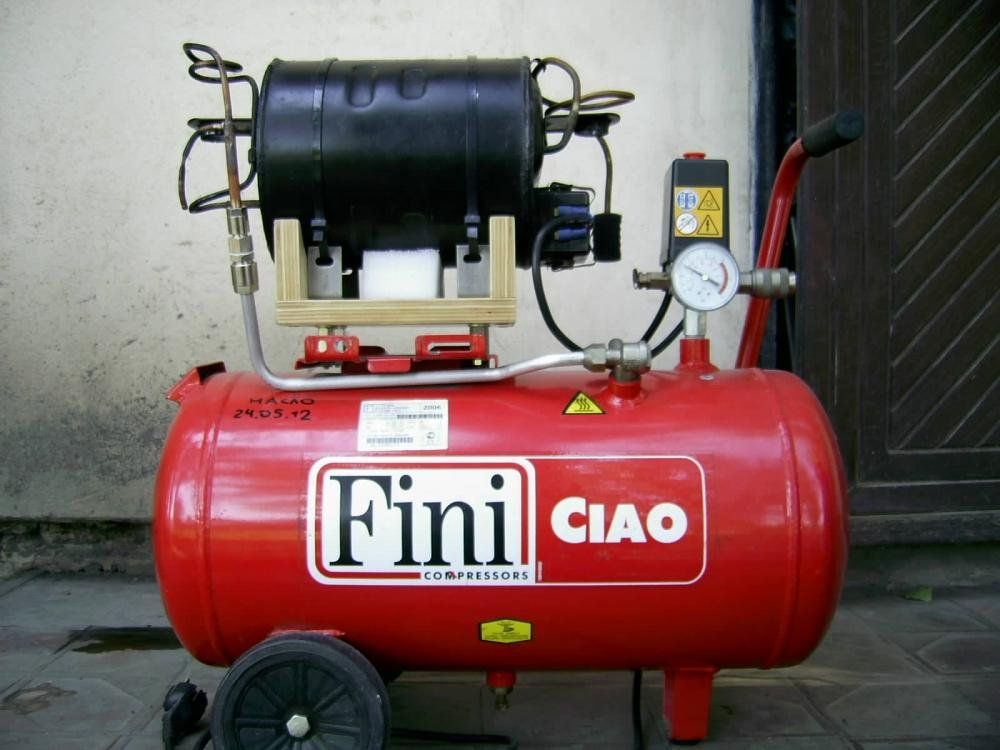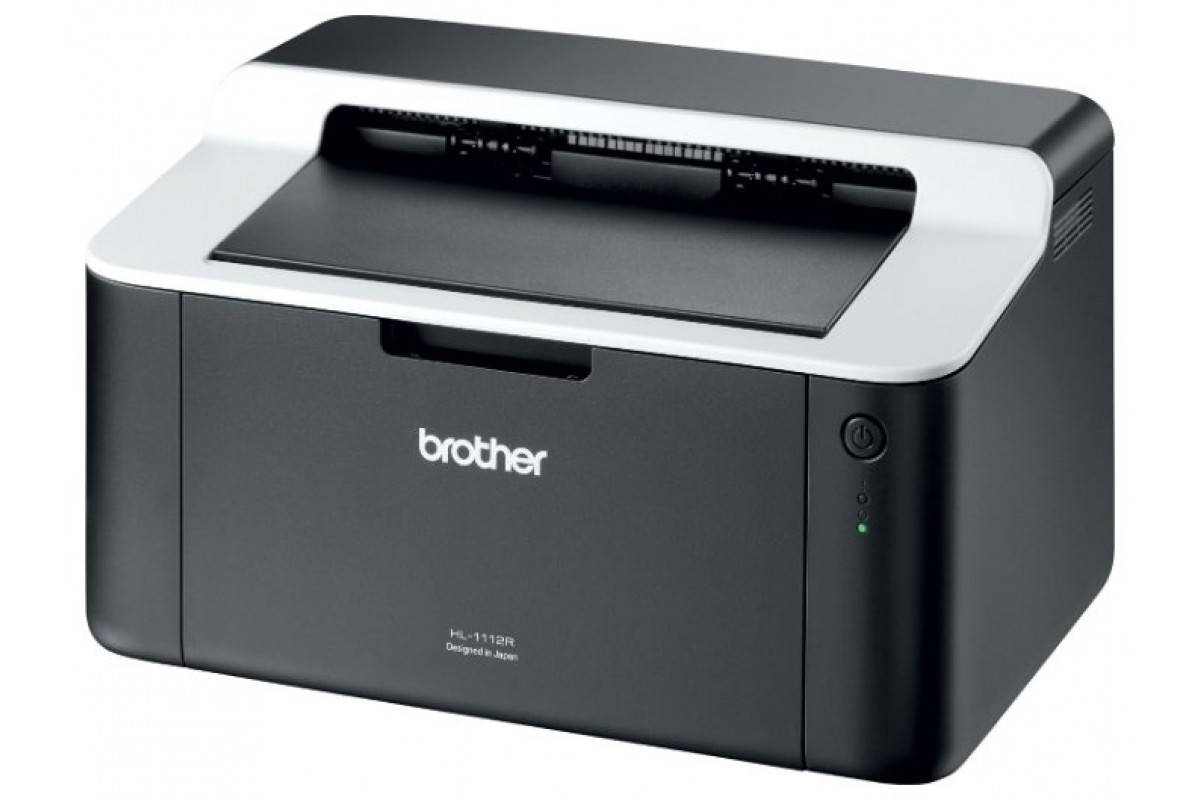The best solid fuel boilers - 2020
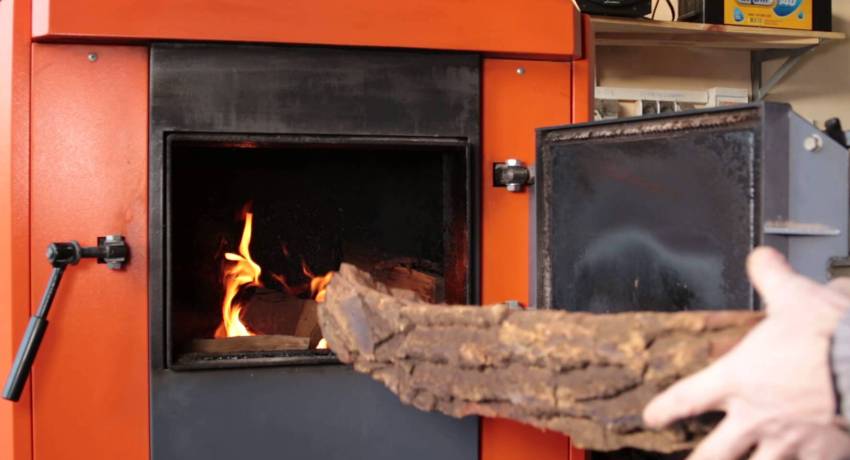
Solid fuel boilers are indispensable for heating a private house in the absence of a gas pipeline or connection to a central heating system. Their advantages are reliability and durability, ease of use. Many models differ in independence from the power supply.
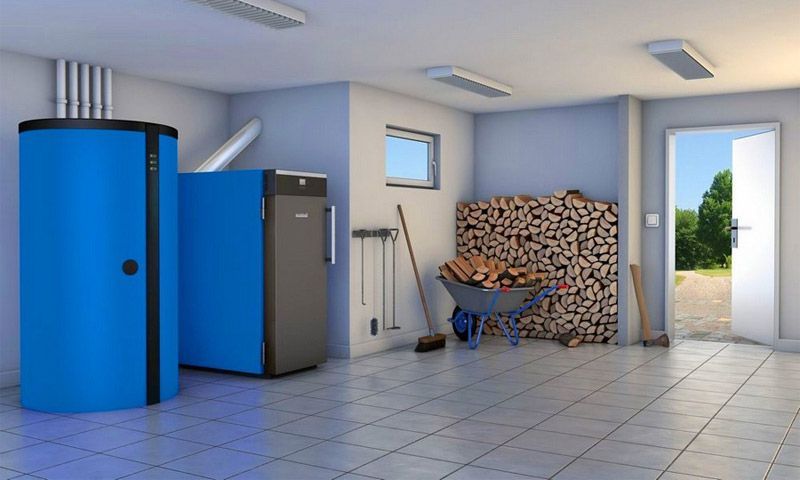
Gas or solid fuel boiler: differences
To make the right decision and purchase the necessary equipment, it is worth comparing the characteristics of these structures.
- Power. Gas boilers do not need to be constantly "fed" manually; they can heat several houses at once. Solid fuel models, even the most modern ones, need to be periodically loaded with raw materials.
- Fuel. Solid fuel units have different alternatives (wood, coal, pellets), gas units only need one substance.
- Service. Solid fuel equipment must be cleaned of ash and checked frequently. Gas does not need such cleaning; a preventive check takes place once a year.
- Safety. Ignitions can occur during the operation of any type of equipment. Solid fuel boilers require a separate room, which reduces the risk of carbon monoxide poisoning in the event of a leak.
- Mounting. Gas boilers are installed only by specialists, solid fuel ones are allowed to be installed independently.
- Cost: the prices for these types of equipment do not differ much, technical data is more important.
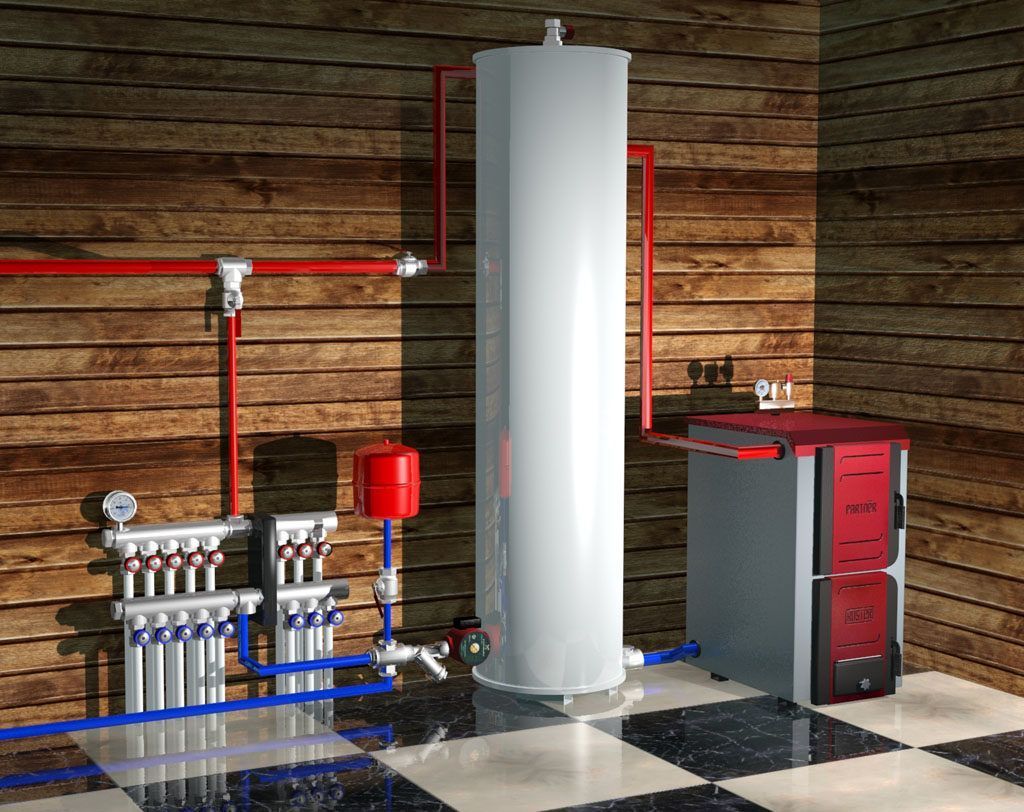
Varieties of boilers
By heat exchanger material
- Steel. Relatively inexpensive for the price. They are lightweight and highly resistant to temperature extremes.
- Cast iron. Stronger and much more durable than analogues made of steel. However, large temperature differences can adversely affect fragile material. Another significant drawback of such a boiler is its heavy weight.
By type of fuel used
- Wood burning. An important principle when buying firewood: their moisture content should be minimal and not exceed 20% for a gas-fired boiler. In classic models, the use of wet wood is acceptable, but not very desirable. Therefore, the place where the logs will be stored must be dry and reliably protected from moisture.
- Coal.When choosing which coal to use, you need to pay attention to its grade and fraction: they must comply with the technical operating conditions of heating equipment.
- Pellet. This type of fuel is pellets made from waste of various origins (peat, wood, agricultural). Such boilers are distinguished by high efficiency, but they are not cheap, as are the pellets themselves.
- On peat briquettes.
- Universal.
There are combined boilers operating on solid fuel and electricity or gas.
By air supply method:
- Volatile;
- Non-volatile.
By the principle of fuel combustion
- Pyrolysis. At the heart of the work is the combustion of gas released from wood under the influence of high temperature. The wood is heated with minimal oxygen access, resulting in the release of wood gas. Therefore, another name for such boilers is gas generating. The gas is burnt in a special chamber at a temperature of about 700 C. When using dry wood, the efficiency of such equipment reaches 85%. However, they are more difficult to find and more expensive than usual. Another disadvantage is the high cost of the boiler and its complex multi-chamber design.
- Classic. They resemble an ordinary stove with fuel combustion from the bottom up. Their advantages are simplicity of design, ease of use, and budget. They do not necessarily require high quality fuel. Disadvantages: frequent maintenance (it is necessary to add fuel 4-8 times a day), low efficiency (70-75%), low power adjustment. Such a boiler would be a good option for heating a small house in which they do not live permanently.
- Long burning time. It happens by analogy with a match or a candle: from top to bottom. The firewood put into the boiler can burn up to three days, coal - up to five. This efficiency is achieved due to built-in electronic automation, a turbine, and a special design of the combustion chamber. Pros: high productivity (efficiency is about 80%), environmental friendliness, independence from the quality of raw materials, automation of processes in volatile models. Of the minuses, one can single out a rather large cost, the need to correctly observe the technology for loading fuel, the impossibility of reloading it.
By power:
- Up to 100 kW, suitable for heating a private house, summer cottage.
- Above 100 kW, industrial.
By type of fuel loading:
- Manual. The combustion process is also manually controlled. Boilers are inexpensive, have a simple design, but require constant supervision and maintenance, it is more difficult to maintain the required temperature in them.
- Semi-automatic. A person lays in raw materials, and automatic equipment controls the combustion. It is possible to precisely adjust the temperature.
- Automatic. All processes are automated. Fuel is supplied to the boiler from a special hopper, often by means of a screw mechanism. Pellet or coal models are the most economical. The boiler has high efficiency, can operate autonomously for a long time, and is safe to operate. True, such convenience will cost more. Other disadvantages are volatility, large equipment sizes.
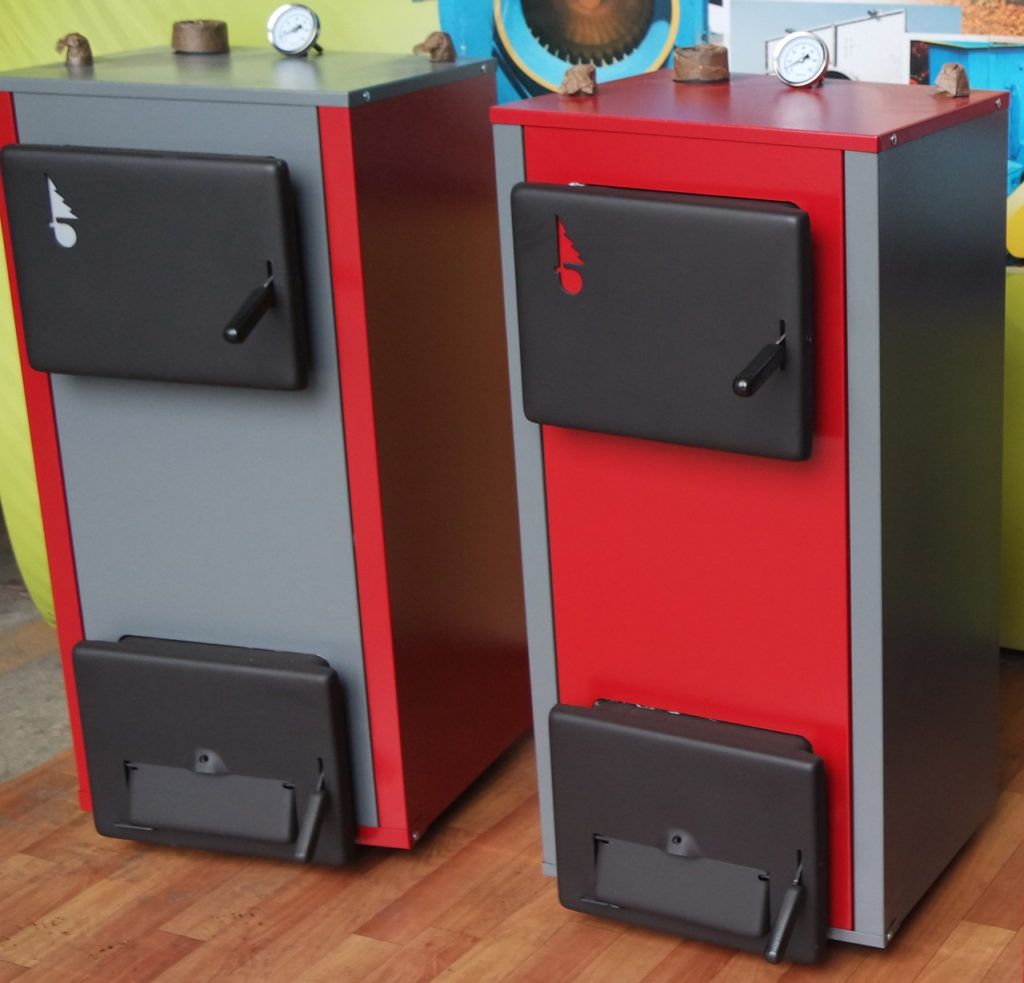
By the method of loading raw materials:
- Frontal (horizontal), as a rule, is typical for models with a cast iron heat exchanger. Ease of use when heated with wood. Possibility to report logs.
- Top (vertical). Dominated by boilers with a steel heat exchanger. The high efficiency of this method is associated with the fact that it is characterized by bottom combustion of the fuel; its upper part is being dried. At the same time, it is very important to carefully place the logs in the firebox, otherwise there is a risk of a decrease in efficiency.
If possible, heating:
- Single-circuit (only heat supply to the room is carried out).
- Double-circuit (not only heat the room, but also provide hot water supply).
Which company equipment is better to buy
On the market of heating devices, popular models of both foreign and Russian production are presented today.
The best manufacturers of solid fuel boilers:
- Robert Bosch GmbH. A group of companies of German origin. Date of foundation - 1886. The production of heating equipment is a division of Bosch Thermotechnology.
- Buderus. This company was founded in Germany in 1731. Named by the name of the owner. It has facilities for the production of equipment all over the world, including in Russia. Its products are in demand due to their high quality and reliability. In 2003 it became a brand of a group of companies.
- Protherm. The Czech manufacturer offers products certified according to EU standards.
- Stropuva. The Lithuanian company traces its history in Russia since 2006, offering consumers patented long-burning solid fuel units. Since 2011, products have been manufactured in St. Petersburg.
- Teplodar. Russian manufacturer, present on the market since 1997. The company's products are not inferior to foreign counterparts and are cheaper.
- LLC TPK Krasnoyarskenergokomplekt produces boilers under the ZOTA brand, which includes five different lines.
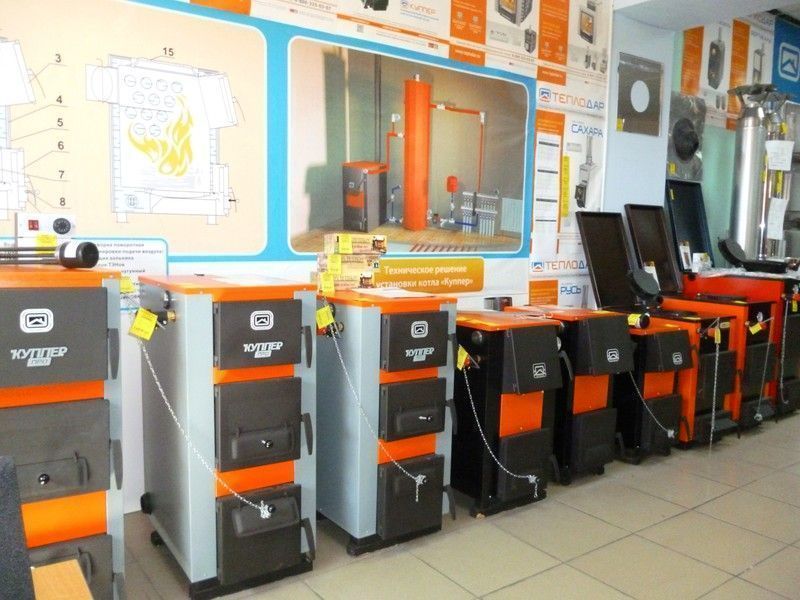
How to choose a solid fuel boiler
A competent approach to the acquisition of such equipment is very important, therefore, if possible, it is worth consulting with the seller of a specialized store.
Main selection criteria:
- Boiler power. There are models already focused on a certain area of the room. If a consumer buys a device designed for a smaller area than in reality, there is a risk that the boiler, which is working for wear, will quickly fail. An attempt to take equipment "with a margin", that is, designed for a larger heating area than needed, will also not be successful. The fuel simply will not burn out completely, remaining on the pipe in the form of resin, which will inevitably lead to a deterioration in the operation of the boiler. Universal calculation formula: 1 kW of energy will heat about 10 sq. m. housing. A number of other parameters: the number of windows and doors, the height of the ceiling will give additional information, which will be analyzed by specialists.
- Functionality. If the boiler is planned to be placed in the kitchen, then it makes sense to purchase it with a hob included. Those who do not want to spend a lot of time on servicing the device and putting raw materials into it should pay attention to long-burning boilers.
- Fuel grade to be used. Typically, a raw material-oriented model can also use an alternative. For example, wood can be loaded into coal boilers, which, however, can reduce their power. Combustion features affecting the efficiency must be indicated in the technical data sheet.
- The volume of the combustion chamber: the smaller it is, the more often you will have to reload.
- Operating time with one load. If it is important for the consumer not to approach the boiler every 4-5 hours, then it is better to choose a modern model, which only needs one load of fuel to operate for several days.
- Efficiency. This important indicator will tell you what part of the heat energy is spent on heating your home. The lower it is, the more fuel consumption will be.
- What is the warranty period provided by the manufacturer.
- The popularity of the model: there are a number of units that have proven themselves well among users.
- How much does the unit cost: domestic ones, as a rule, are cheaper than foreign ones. However, it is wrong to choose such equipment only at a low price: the technical parameters of a cheap boiler may not always be suitable for a specific situation.
Rating of quality solid fuel boilers - 2020
Budget classic models
Evan WARMOS TT-25K
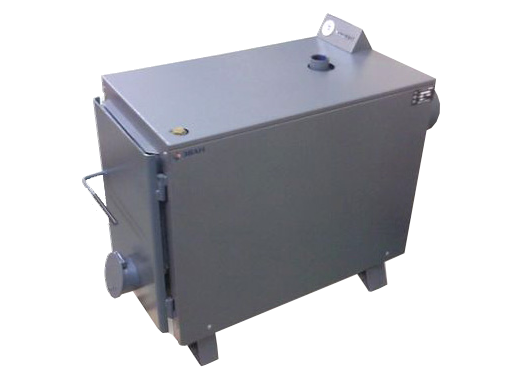
Manufacturer: Russia.
The small-sized unit has an open combustion chamber, a heating element with a power of 2 kW. Designed for heating large rooms (about 200 sq. M). Coal, wood, peat are used for it, the choice of which directly affects the boiler power - from 8 to 25 kW. Independent of electricity.
More information about the boiler is in the video:
- Versatility: different fuels are suitable;
- Easy to operate;
- Low cost;
- Little weight;
- Large volume of the firebox.
- Fuel burns quickly;
- Low level of efficiency.
Average price: 36,850 rubles.
Zota Poplar М 20
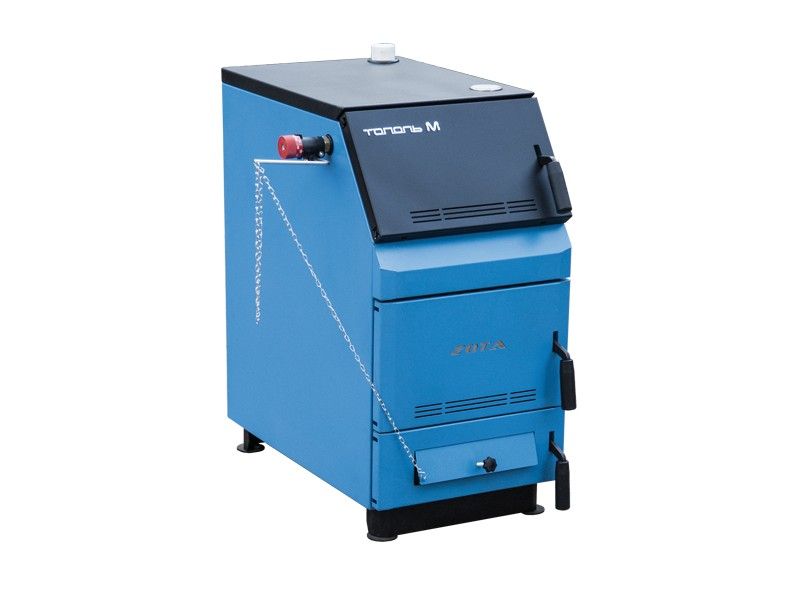
Manufacturer: Russia.
Relatively inexpensive equipment, suitable for a small private or country house. The type of fuel he needs is charcoal and firewood.
Boiler video:
- Low price;
- Domestic manufacturer;
- There is an electric heater;
- Energy independence.
- Due to the strong traction, it is required to master the skills of operation;
- The efficiency is 70%.
Average price: 33,000 rubles.
Lemax Forward - 16
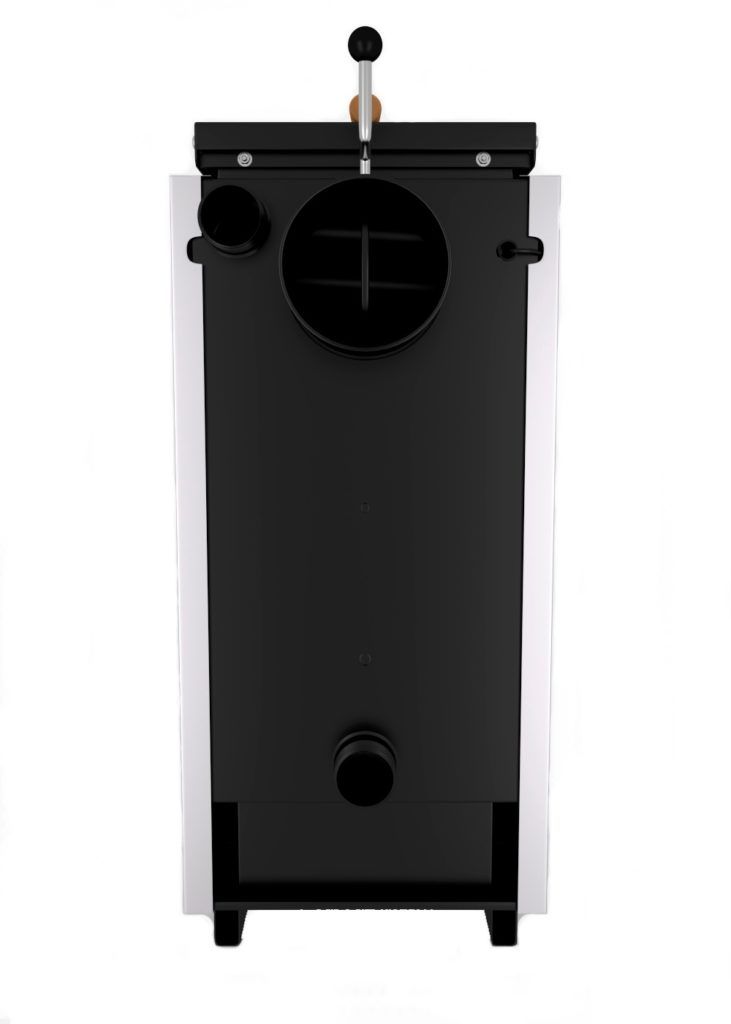
Manufacturer: Russia.
Combines low power (16 kW) and high performance (about 80%). With proper operation, it can last up to 10 years. Channels can be welded to the heat exchanger, which will increase its durability.
- Price-quality ratio";
- The boiler can be converted to work with gas;
- Simplicity of construction;
- Any type of fuel will do.
- It is necessary to reload frequently.
Average price: 15,000 rubles.
Long burning boilers
NMK Magnum KDG 20 TE
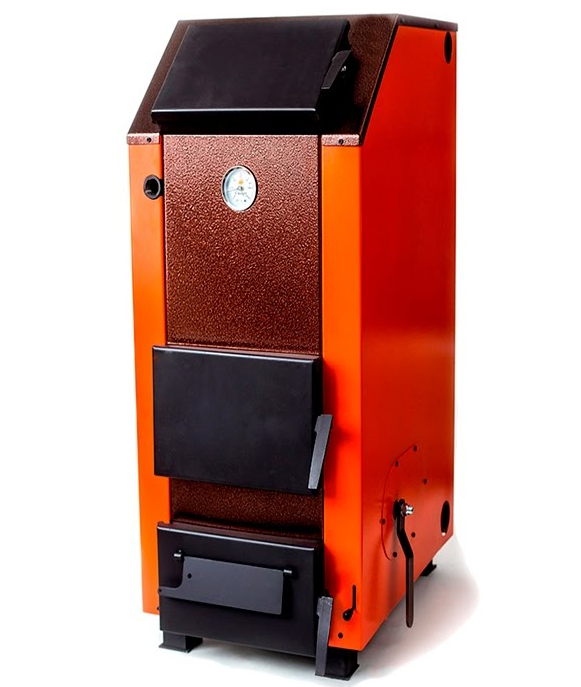
Manufacturer: Russia.
An easy-to-manage, unpretentious "workhorse" from a Russian company. There is a combustion control system. Ash and combustion residues can be removed without stopping the operation of the unit. When fully loaded, the operating time is up to 24 hours.
More about the device - in the video:
- Ergonomics;
- Affordable price;
- Good quality;
- Convenience of cleaning from waste.
- The air damper must be in a certain position.
Average price: 33,000 rubles.
Buderus Logano G221-25
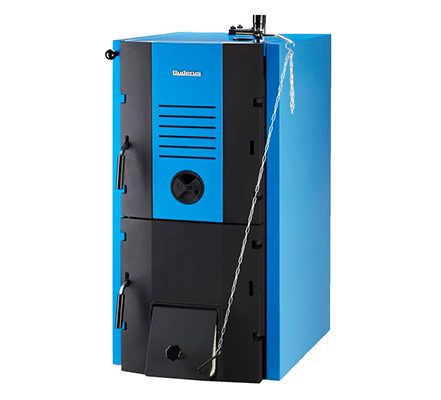
Manufacturer: Germany.
Differs in reliability and durability: the heat exchanger is made of cast iron. The manufacturer recommends wood, coal and coke as fuel. The efficiency level is 85%.
- Easy to install;
- Stylish appearance;
- High quality;
- The large loading door allows for large logs.
- High price.
Average price: 107,000 rubles.
Stropuva S 40
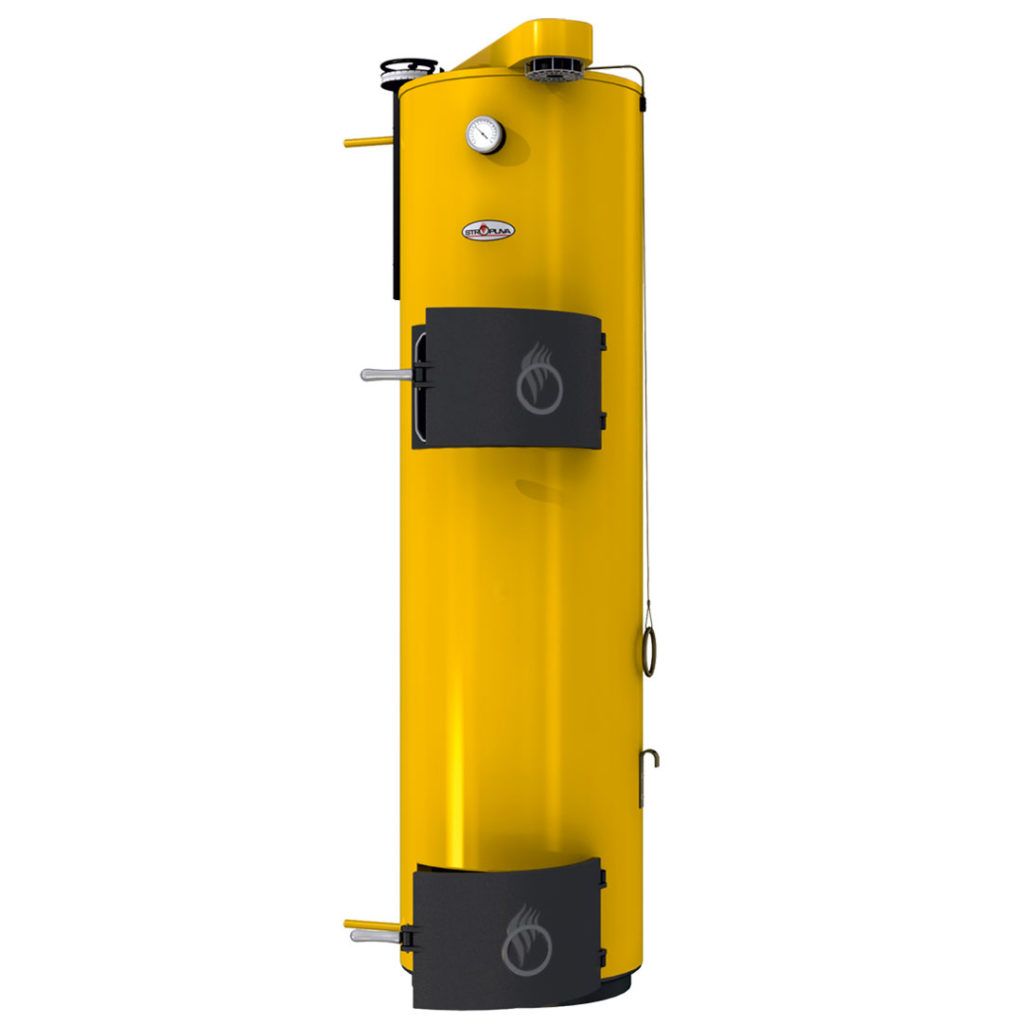
Manufacturer: Lithuania.
It is able to maintain heat for up to 60-70 hours without requiring supervision - this is its significant advantage. The design allows you to put 50 kg of firewood in the firebox. Model with a high power (40 kW), which allows heating large rooms. Suitable for heating a store, workshop, large house.
More about the boiler - in the video:
- High quality;
- Efficiency;
- Compactness;
- Safety: has a safety valve;
- Energy independence;
- Economical.
- Large weight;
- Works only on wood;
- High price.
Average price: 123,000 rubles.
Week "KO-90"
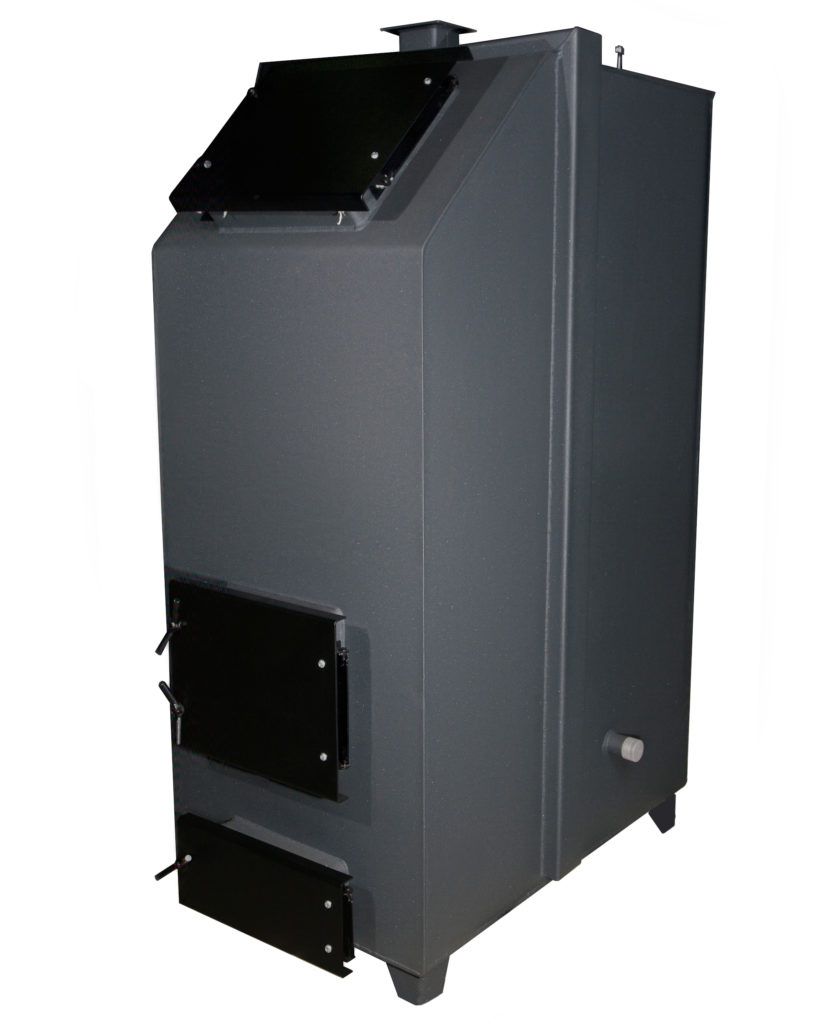
Manufacturer: Russia.
The boilers are produced in series. Boiler operating power: 15-45 kW in continuous burning mode, control and regulation - automatic. Peak power - 90 kW. The boiler is capable of heating a room with an area of 150-400 square meters, which makes it an ideal choice for a large house or cottage, service station or car wash. One load of 300 liters can ensure the boiler operability up to 7 days. Given that the boiler is omnivorous, there will be no difficulties with the selection of fuel. But it should be borne in mind that for a really long time it burns on coals of the T, CC and A.
- Materials used: steel 5 mm, grade 09G2S, manufactured by MMK;
- Boiler production technology is patented;
- Quality is ensured by control of each stage of production;
- The manufacturer provides a complete set of documents confirming the fire safety and reliability of the boiler in use.
By the way! The manufacturer has insured its liability to the consumer in the amount of 10,000,000 rubles (IC "ROSGOSSTRAKH").
- Impressive dimensions and weight, but they make the device reliable;
- The possible appearance of condensate, which is an indicator of the high efficiency of the boiler, there are ways to reduce it;
- Volatility, this drawback can be eliminated, after which heat in the house will be provided regardless of the availability of electricity.
Boiler cost: from 164,900 rubles.
More information about Nedelka boilers - in the video:
Pyrolysis boilers
Bourgeois-K Standard - 20
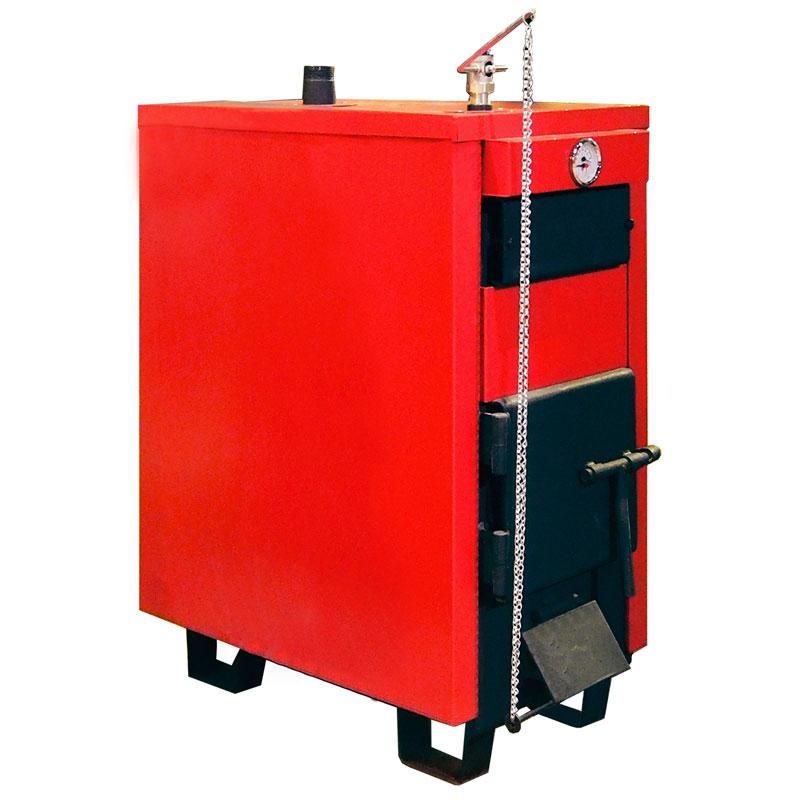
Manufacturer: Russia.
The device is equipped with a draft regulator (this makes it possible to influence the rate of combustion of raw materials and the intensity of heating), a thermometer and a manometer. Its heat exchanger is made of steel. Works on coal or wood. Perfect for those people who spend at home mostly evening and night hours.
The boiler is "in action" - in the video:
- It is able to heat housing up to 220 sq. m;
- There is no need for constant cleaning, as little ash is formed;
- Low fuel consumption due to the way it is burned.
- Birch firewood will not work;
- Some products have a loose sash.
Average price: 70,000 rubles.
Buderus Logano S121-2-32
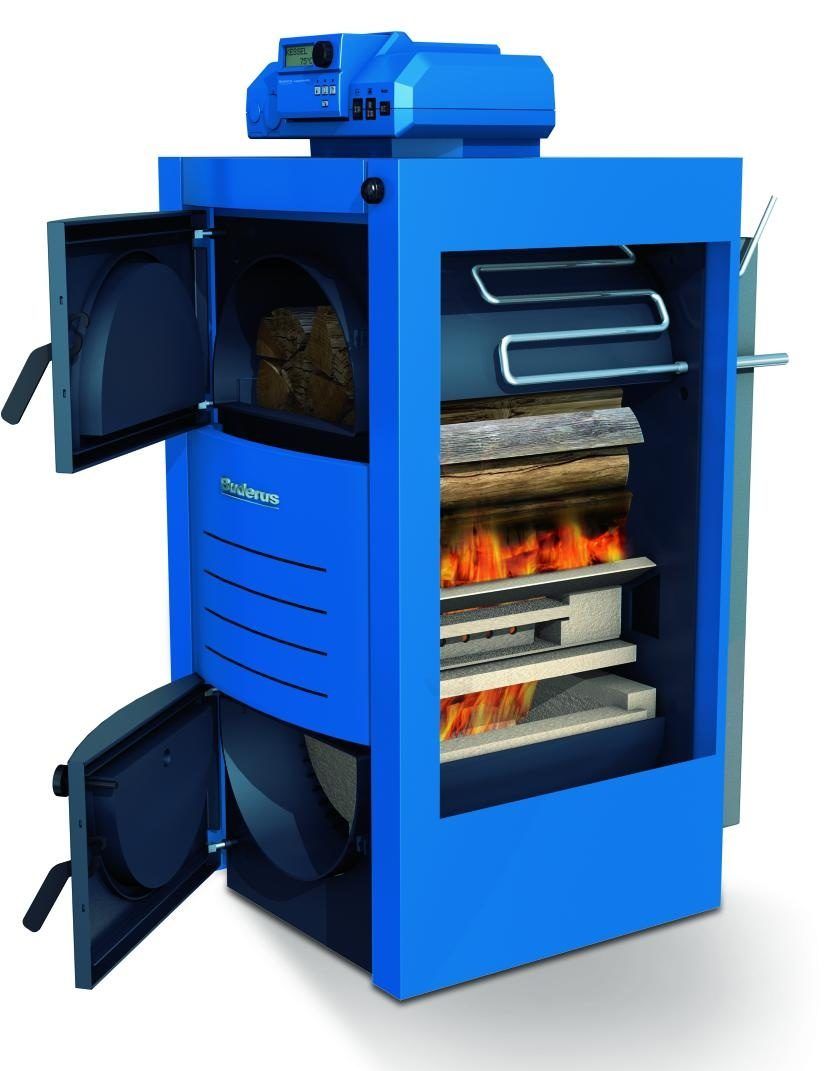
Manufacturer: Germany.
This unit is capable of heating large premises - industrial and residential. Its power is 32 kW with an efficiency of 78%. Therefore, the boiler will require a lot of fuel. Equipped with an electronic control system, the display shows all the necessary operating indicators. Has a quiet fan for good draft.
The principle of operation of the boiler - in the video:
- Electronic control;
- Withstands high pressure;
- The presence of a hood;
- High heat transfer rate.
- Volatility;
- High price;
- Large weight (375 kg);
- Works only on wood;
- Low efficiency.
Average price: 225,000 rubles.
Wirbel Bio-Tec 35
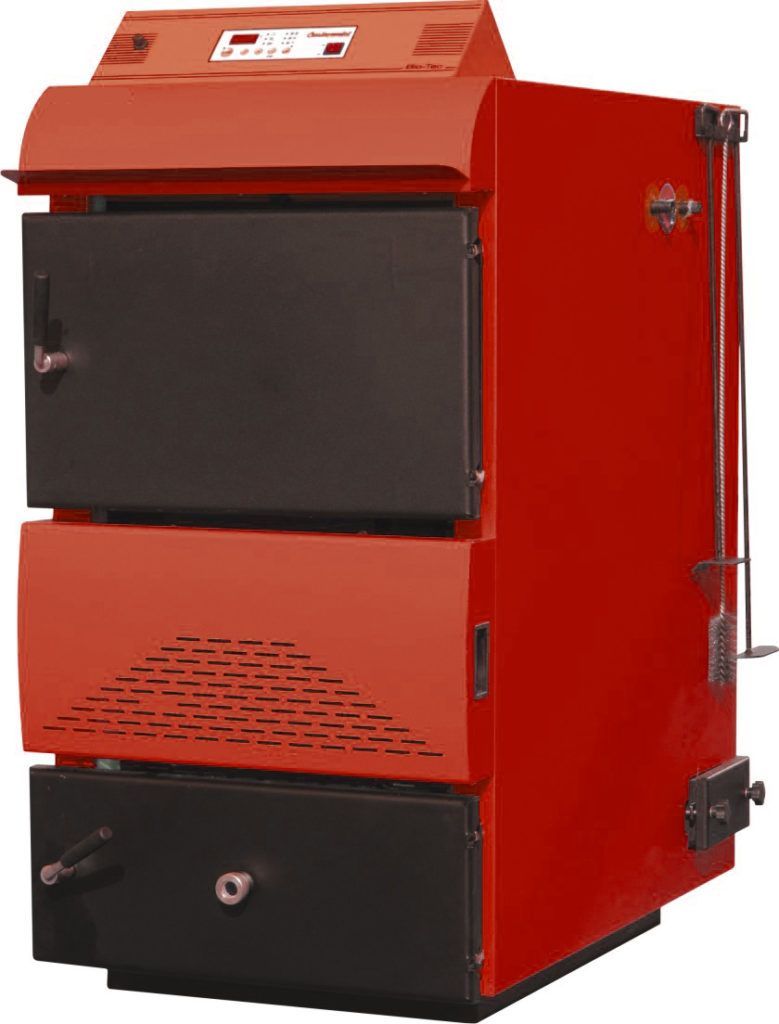
Manufacturer: Austria.
Modern heating equipment with a design that is responsible for the completeness of fuel combustion and efficient use of the generated heat. The boiler can be loaded with large raw materials (three doors are available). The combustion process is controlled by a built-in remote control. Requires mandatory connection to the CAS heat storage tank.
- Processes are automated;
- The fuel is completely used up;
- Environmental friendliness;
- Easy to clean.
- High price;
- Dependence on the serviceability of the control panel.
Average price: 230,000 rubles.
Pellet models
They allow the consumer to save their time and energy without requiring constant attention and control.
Cons of using them:
- Pellets, in comparison with wood or coal, are not available everywhere.
- You need a place to store fuel.
Teplodar Kupper OK 30
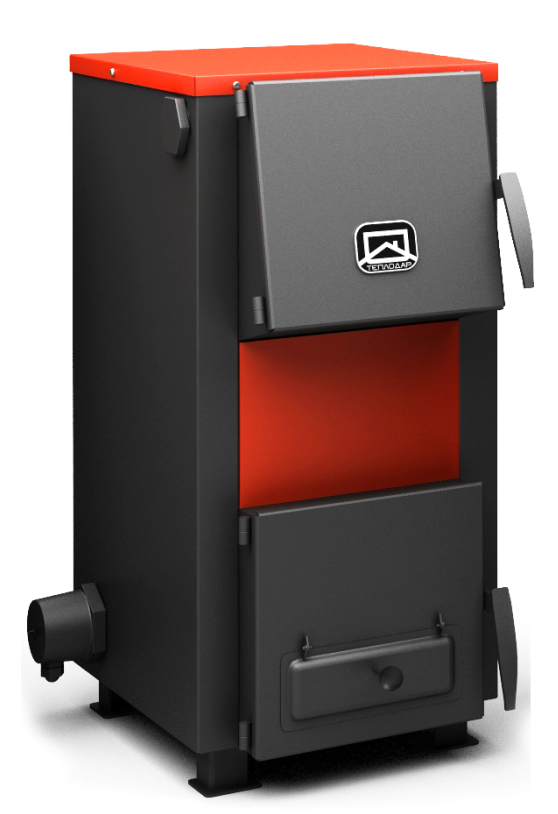
Manufacturer: Russia.
This model of domestic development does not impose increased requirements for fuel quality and is "omnivorous". Compactness allows you to place the unit in a small area (about 5 sq. M).
Boiler in operation:
- Efficiency exceeds 89%;
- Auto fuel supply;
- Works not only on pellets;
- Acceptable price;
- Simple controls.
- Installation will require specialist assistance.
Average price: 87,500 rubles.
ZOTA PELLET 100 A
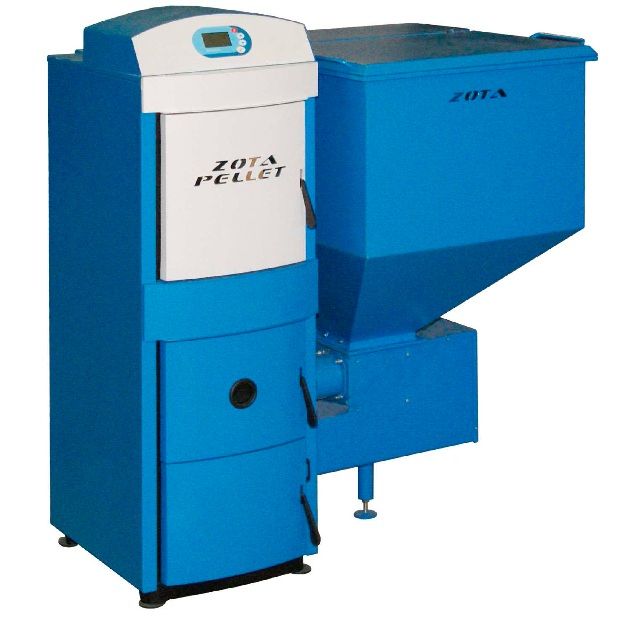
Manufacturer: Russia.
The powerful unit is capable of heating large residential buildings and industrial premises. It can work for several days without refueling. In addition to pellets, it is allowed to use firewood or fuel briquettes. Installation of a block heating element is possible.
- Price-quality ratio";
- Fuel is supplied by a screw mechanism;
- Profitability;
- Rated power - up to 100 kW;
- All work of the model is controlled by an electronic control system.
- Heavy weight (829 kg).
Average price: 380,000 rubles.
ACV TKAN 100
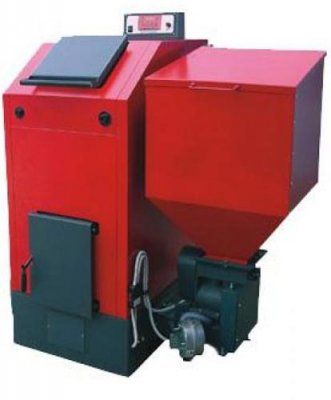
Manufacturer: Belgium.
It can operate on several types of fuel, while maintaining a high level of efficiency (not less than 90%). In automatic mode, it is capable of performing its functions for up to 7 days. Convenient and intuitive digital control panel. A modern heat exchanger reduces pellet consumption.
- Lightweight body (construction weight - 595 kg);
- Automatic ignition;
- All processes are controlled by an electronic control system;
- Fuel is supplied by a screw mechanism;
- You can use different raw materials.
- Not cheap.
Average price: 555,000 rubles.
Buying heating equipment is an important and responsible business. There are a lot of proposals on the market, but one model cannot be recognized as the best. The choice is primarily determined by those tasks that are important to the consumer.
new entries
Categories
Useful
Popular articles
-

Top rating of the best and inexpensive scooters up to 50 cubic meters in 2020
Views: 97661 -

Rating of the best materials for noise insulation for an apartment in 2020
Views: 95022 -

Rating of cheap analogues of expensive medicines for flu and colds for 2020
Views: 91751 -

The best men's running shoes in 2020
Views: 87680 -

Top ranking of the best smartwatches 2020 - price-quality
Views: 85091 -

Best Complex Vitamins in 2020
Views: 84801 -

The best dye for gray hair - 2020 top ranking
Views: 82406 -

Rating of the best wood paints for interior use in 2020
Views: 77202 -

Ranking of the best action cameras from China in 2020
Views: 75269 -

Rating of the best spinning reels in 2020
Views: 74827 -

The most effective calcium supplements for adults and children in 2020
Views: 72462 -

Top rating of the best in 2020 means for male potency with a description
Views: 68296


